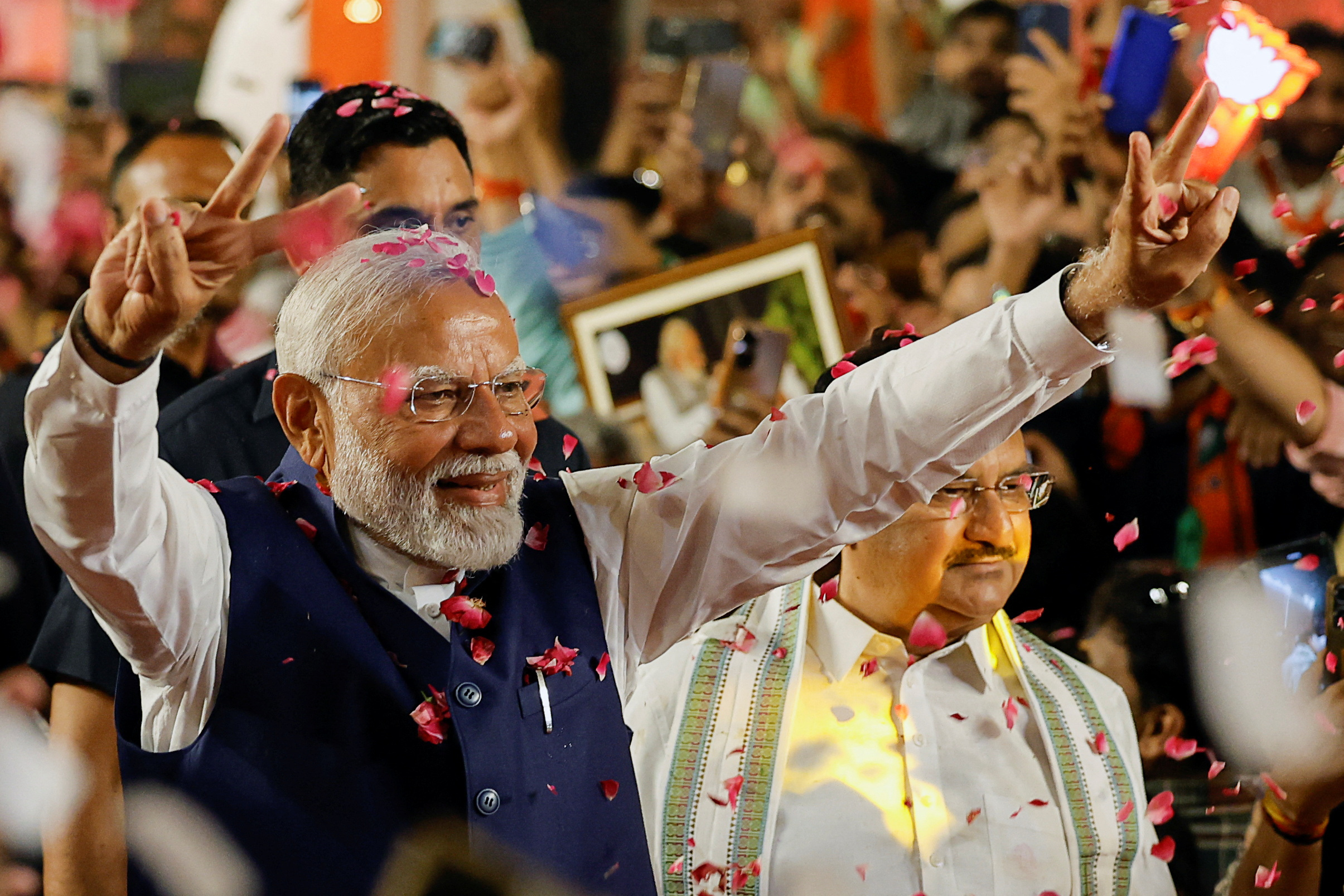Lebanon is a country located in the Middle East, specifically in the eastern Mediterranean region. It operates as a parliamentary democratic republic. Here is some information about the election system in Lebanon:
- Parliament: The Parliament of Lebanon is the country’s legislative body. It is a unicameral institution consisting of 128 seats. Members of Parliament (MPs) are elected through a sectarian-based proportional representation system.
- Electoral System: Lebanon follows a complex electoral system known as the “confessional” or “sectarian” system. The seats in the Parliament are allocated among the country’s recognized religious communities based on their proportionate representation. Each religious community is assigned a specific number of seats, and the distribution of seats within each community is further determined by local electoral districts.
- Sectarian Representation: Lebanon’s political system is characterized by a power-sharing arrangement among different religious groups. The President of Lebanon is traditionally a Maronite Christian, the Prime Minister a Sunni Muslim, and the Speaker of Parliament a Shia Muslim. The distribution of political power is based on a delicate balance among these religious communities.
- Voter Eligibility: Lebanese citizens who are at least 21 years old have the right to vote in parliamentary elections. Voter registration is required, and eligible voters must be included in the electoral roll to participate.
- Political Parties: Lebanon has a diverse political landscape with numerous political parties representing various ideologies and religious communities. Some of the major political parties in Lebanon include the Free Patriotic Movement, Future Movement, Amal Movement, and Hezbollah, among others. Political parties play a significant role in the country’s political dynamics.
It is important to note that Lebanon has faced significant political challenges and sectarian tensions in recent years, which have influenced its electoral processes and governance.



